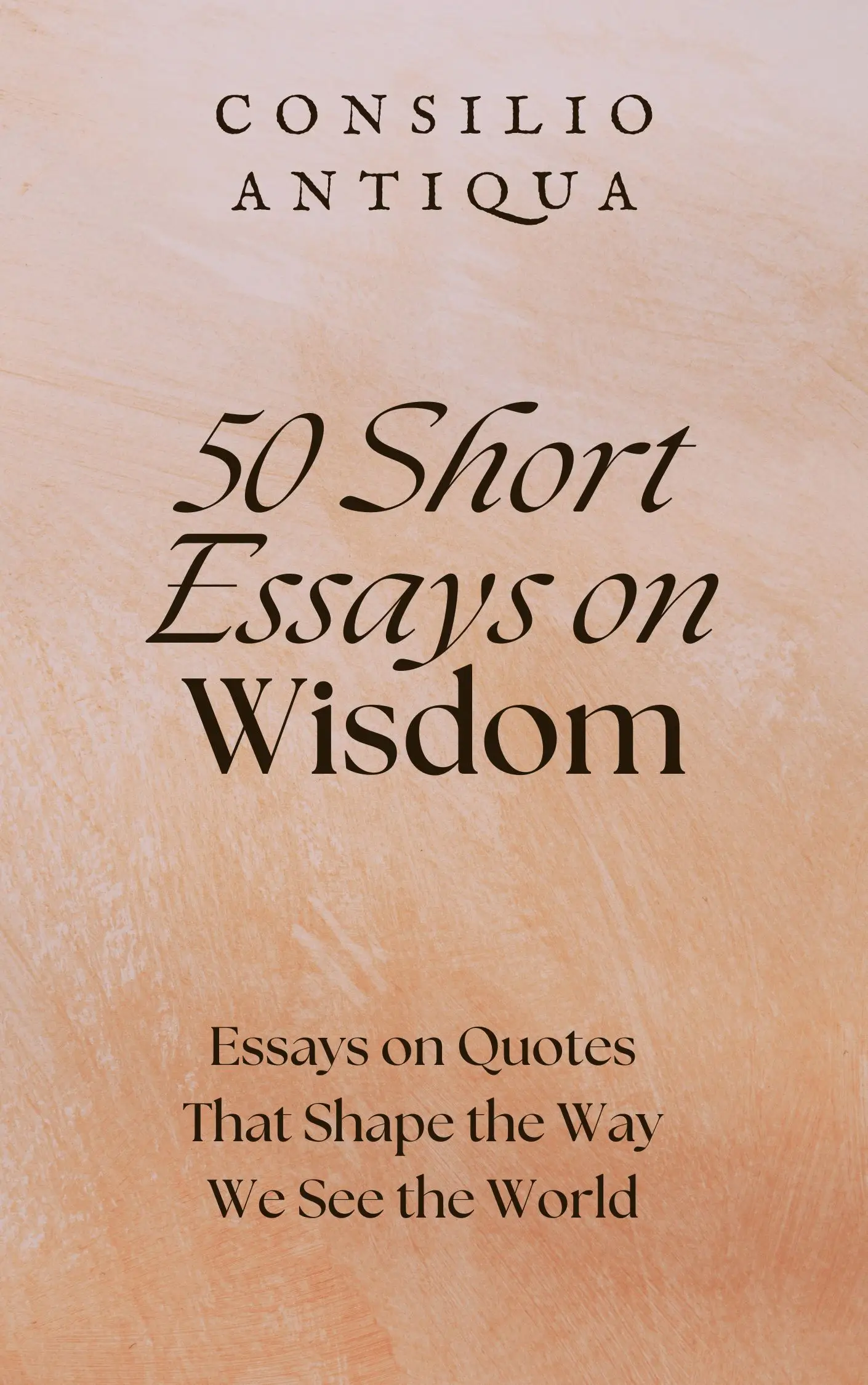
50 Short Essays on Wisdom | The Unfolding Map of Home
The Unfolding Map of Home
"There's no place like home"
The scent of woodsmoke curling from a distant chimney, the familiar creak of floorboards underfoot, the hushed comfort of a well-loved armchair – these are the sensory anchors of home, the tangible threads woven into the fabric of our lives. But the Roman proverb, "There's no place like home," speaks to something far deeper, a yearning for belonging that transcends physical location. This essay will explore the enduring wisdom of this simple phrase, tracing its historical roots and examining its relevance in our increasingly fragmented world.
The Roman emphasis on family and community provides fertile ground for understanding this proverb's origins. In ancient Rome, the domus, the family dwelling, was not merely a shelter but the epicenter of social and religious life. The paterfamilias, the head of the household, held immense authority, and the family's well-being was paramount. Loyalty to the family, the gens, and the broader Roman community were deeply ingrained values. Home, therefore, represented security, identity, and a sense of rootedness within a larger social order. The proverb, in this context, likely conveyed a sense of comfort and belonging found only within the familiar embrace of one's family and community.
The enduring power of "There's no place like home" lies in its recognition of a fundamental human need: the yearning for belonging. Home is not merely a physical structure; it is a state of being, a feeling of security and acceptance. It is the place where we feel most ourselves, unburdened by the masks we wear in the outside world. This sense of home can be found in a variety of contexts: the loving embrace of family, the supportive camaraderie of friends, the quiet solitude of nature, or even the inner sanctuary of one's own mind. The proverb's wisdom lies in its reminder that this feeling of belonging, this profound sense of "home," is essential to our well-being.
In our increasingly mobile and interconnected world, the concept of "home" has become more complex. Globalization and technological advancements have blurred geographical boundaries, leading to increased migration and a sense of displacement for many. Yet, the human need for belonging remains unchanged. We seek "home" in online communities, in chosen families, and in the pursuit of purpose and meaning. For some, home might be a physical place, a sanctuary from the chaos of modern life. For others, it might be a state of mind, a feeling of inner peace and contentment. The challenge lies in cultivating this sense of home, in actively creating spaces – both physical and emotional – where we can feel safe, accepted, and truly ourselves.
Where do you find your "home"? Is it in a specific place, a group of people, or a state of being? Consider the sensory details associated with your feeling of home – the sights, sounds, smells, and textures that evoke a sense of belonging and comfort. Reflect on the ways in which you nurture this sense of home in your own life. What steps can you take to cultivate a deeper sense of belonging and security, to create a haven for yourself amidst the complexities of modern life? The journey towards home is often a winding path, but the destination – a place of peace and belonging – is worth the effort.
The Roman proverb, "There's no place like home," resonates across millennia because it speaks to a fundamental human need: the yearning for belonging. While the physical manifestation of home may evolve, the underlying desire for security, acceptance, and a sense of rootedness remains constant. By actively cultivating this sense of home, both within ourselves and in our relationships with others, we can create a more fulfilling and meaningful life. The journey home is a lifelong pursuit, a continuous unfolding of the map within our hearts.
